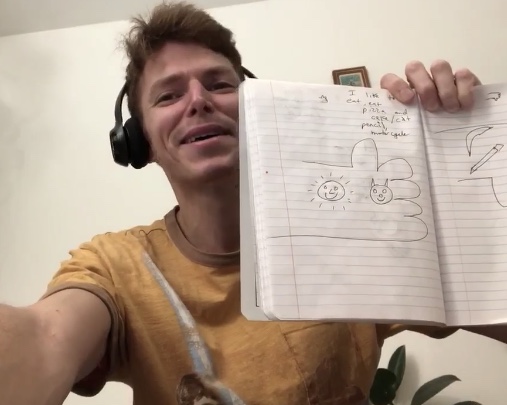What would happen if someone told you a story but it seemed that everything happened at once, for example, “I woke up, made breakfast, took my child to school, had coffee and talked with my friend.” This could sound confusing to the listener. Wouldn’t you want to know the order of events or what time of day they happened? I have great news!
Transition words are the solution. We can organize these statements by saying, “I woke up, then I made breakfast, after breakfast, I took my child to school and then I had coffee and finally I talked with my friend.” Here you can see that there is a chain of events happening in order because of transition words. Transition words are normally used when talking about the sequences of events, such as routines or travelling experiences.
What are some common transition words? First, second, third, next, after and finally. There are more of them but these are the common ones.
I recommend that you use at least one transition word when you are talking to someone because this helps CLARIFY to the listener, what you did and in what order. Sometimes in my lessons, I have to ask clarifying questions, such as, “What did you do after your coffee break?”
Lastly, you can have more clarity and understanding in your conversations by using transition words. The more events you have about your routine or story, the more you should have.
Have you ever used transition words before? Were they helpful?
Thank you,
Jared


